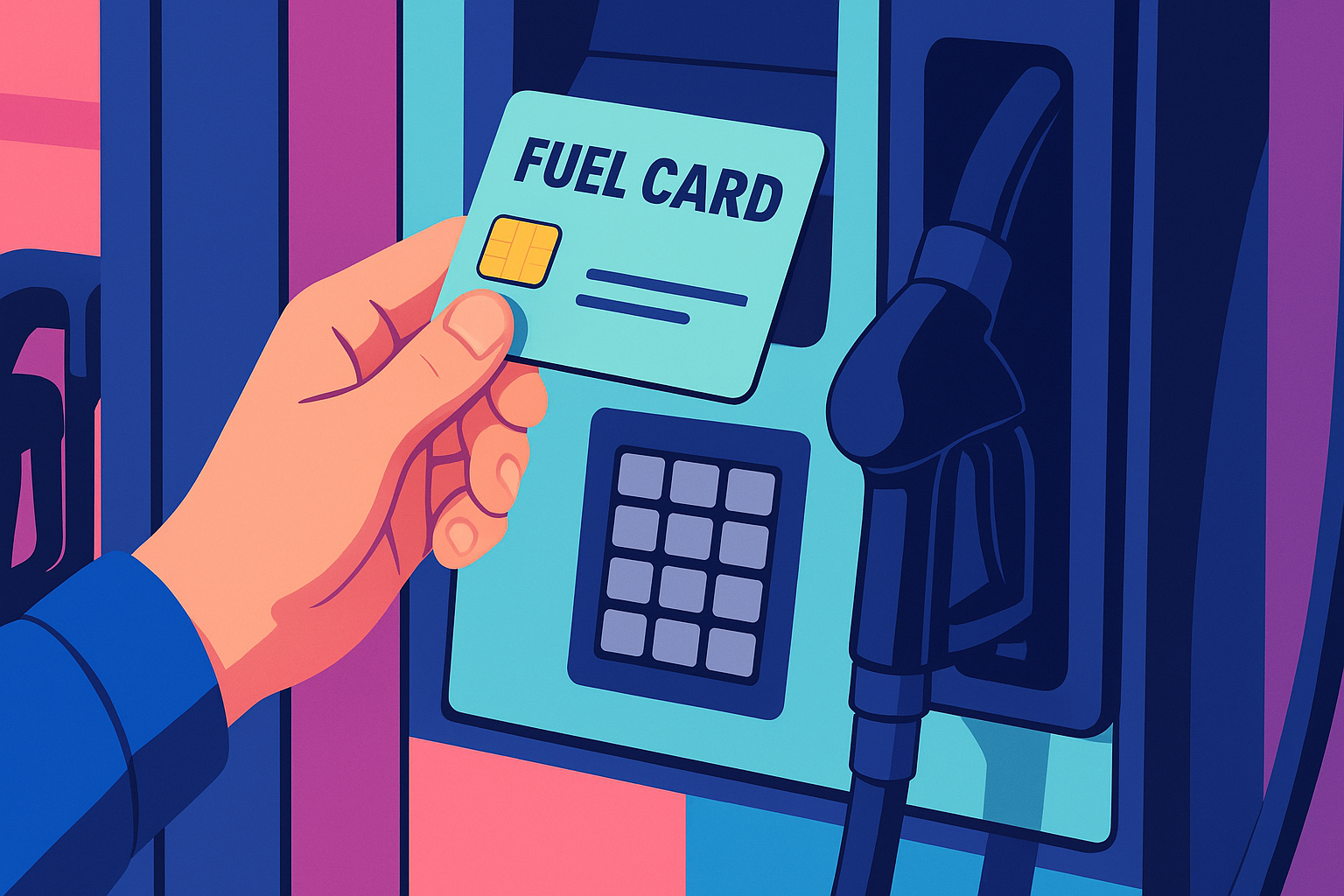Follow us on LinkedIn
Our PageFleet management is evolving, and fleet managers are increasingly shifting from traditional company-owned fleet vehicles to more flexible and cost-effective alternatives. One of the leading solutions gaining traction is Fixed and Variable Rate (FAVR) reimbursement. This IRS-compliant vehicle reimbursement program offers a tax-free way for businesses to compensate employees for the business use of their personal vehicles, factoring in real-time operating expenses.
In this article, we explore why fleet managers are choosing FAVR, backed by industry insights and real data, and how it can transform fleet operations, reduce costs, and enhance efficiency.
The Growing Challenges of Traditional Fleet Management
Managing a fleet of vehicles comes with a myriad of challenges, including:
- High costs: Vehicle expenses such as fleet insurance, maintenance costs, fuel costs, and depreciation drive up operational spending.
- Administrative burdens: Overseeing fleet maintenance, breakdowns, downtime, and procurement is time-consuming.
- Risk exposure: Company-owned commercial fleets come with liability concerns, including accidents and personal use of vehicles.
- Sustainability concerns: The push for electric vehicles and fuel efficiency adds pressure on fleet program managers to adopt greener alternatives.
Fleet managers are increasingly looking for fleet management solutions that provide greater flexibility, reduce overhead, and optimize financial performance. This is where FAVR reimbursement emerges as the optimal choice.
Understanding FAVR: A Smarter Vehicle Reimbursement Program
The FAVR program allows businesses to reimburse employees fairly for using their personal vehicles for work while considering actual vehicle costs. Unlike cents per mile (CPM) or car allowance models, which often lead to over- or under-compensation, FAVR reimbursement accounts for both fixed costs (like insurance premiums, depreciation, and vehicle maintenance) and variable costs (such as fuel costs and repairs).
The Core Benefits of FAVR for Fleet Managers
- Significant Cost Savings
- FAVR reimbursement eliminates the need for purchasing or leasing company vehicles, reducing procurement and administrative burdens.
- Companies switching to FAVR programs can save 30% or more on vehicle expenses, according to a Motus report.
- Improved Compliance & Tax Efficiency
- FAVR programs ensure IRS-compliant tax-free reimbursements, reducing unnecessary tax burdens for businesses and employees.
- The IRS requires drivers to log at least 5,000 business miles annually to qualify, ensuring that only legitimate work expenses are reimbursed.
- Enhanced Driver Satisfaction & Flexibility
- Employees prefer using their personal vehicles over company cars, as it provides greater autonomy and aligns with their driving needs.
- FAVR programs adjust to actual costs in different regions, offering fair and equitable reimbursements.
- Reduced Administrative Burden
- Managing a fleet program requires extensive financial management, from handling fleet insurance to tracking fuel management and mileage tracking.
- FAVR reimbursement automates the process, significantly cutting down administrative work and improving profitability.
FAVR vs. Other Vehicle Reimbursement Programs

As seen above, FAVR reimbursement offers the best of both worlds—cost savings for businesses and fair compensation for employees.
Leveraging Telematics & Mileage Tracking for Maximum Efficiency
One of the key advantages of FAVR programs is the ability to integrate telematics and mileage tracking tools. These technologies enhance fleet management by:
- Ensuring accurate real-time mileage recording.
- Reducing fraudulent mileage submissions.
- Providing valuable data insights for fleet operations optimization.
With advanced fleet management solutions, businesses can further streamline their vehicle reimbursement programs, eliminating inefficiencies and improving fuel efficiency.
FAVR & The Future of Fleet Management
The fleet management landscape is shifting rapidly, and FAVR reimbursement is at the forefront of this transformation. As businesses seek cost-effective, IRS-compliant, and sustainable alternatives, FAVR programs provide a strategic advantage.
Key Takeaways for Fleet Managers:
- FAVR reduces costs by eliminating fleet insurance, vehicle maintenance, and depreciation expenses.
- It ensures IRS-compliant, tax-free reimbursements while reducing tax waste.
- Employees prefer it as it allows them to use their own personal vehicles with fair compensation.
- Fleet operations become more efficient with mileage reimbursement programs and telematics integration.
- Sustainability is easier to achieve by encouraging fuel efficiency and EV adoption.
With fleet managers facing increasing cost pressures, compliance challenges, and sustainability goals, FAVR reimbursement presents itself as the future of vehicle reimbursement programs.
Ready to explore how FAVR can work for your business? Contact Cardata today for expert guidance on implementing a cost-effective, IRS-compliant, and customized vehicle reimbursement program that meets your company’s unique needs.
Share on:



